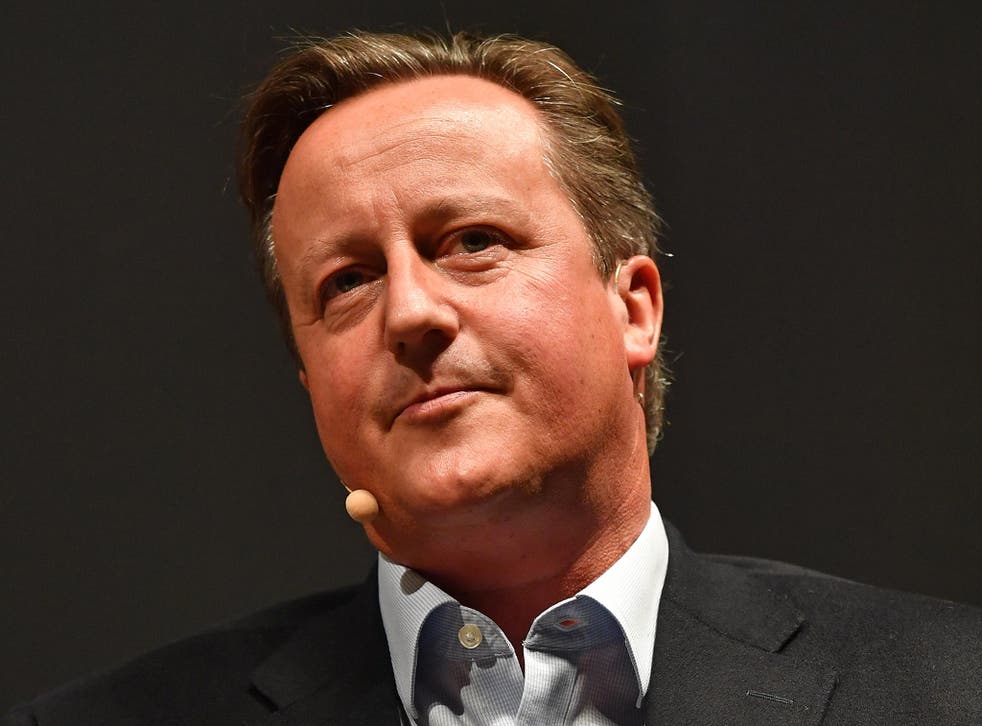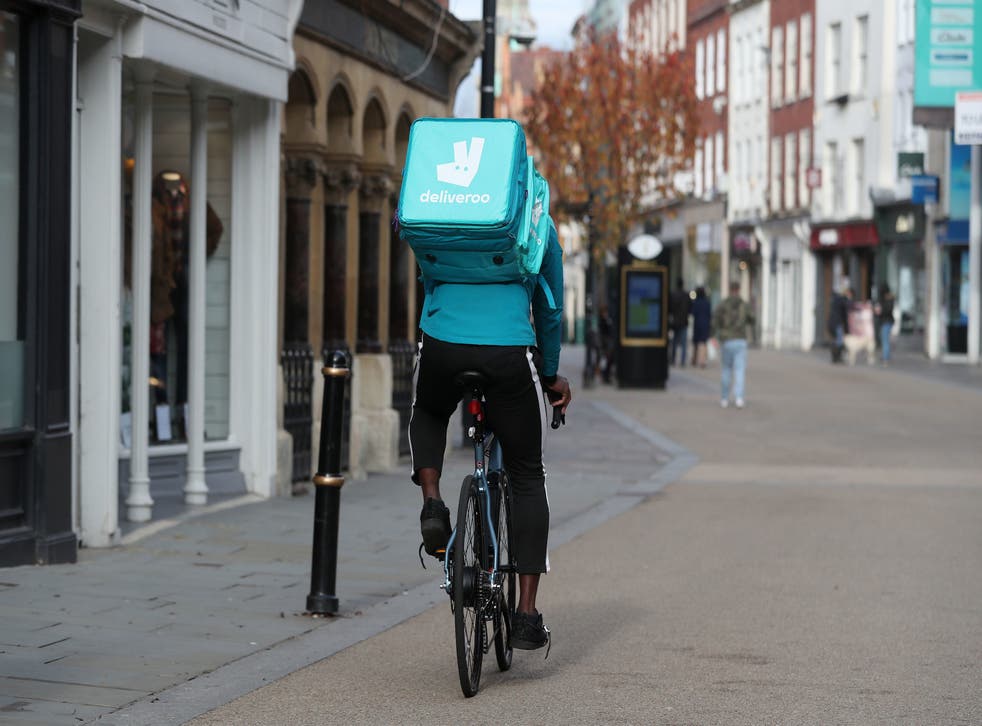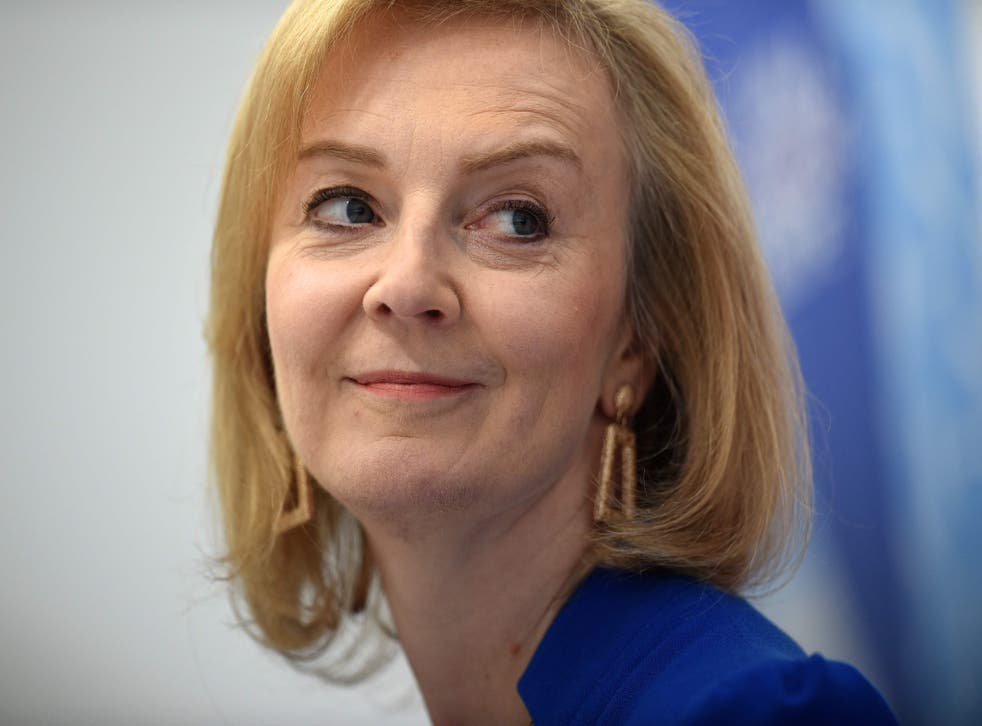Rich nations to acknowledge climate change threat, take urgent steps -draft communique

As people around the world prepared to demonstrate their frustration with politicians, Pope Francis https://www.reuters.com/business/environment/pope-francis-cop26-must-offer-concrete-hope-future-generations-2021-10-29 lent his voice to a chorus demanding action, not mere words, from the meeting starting on Sunday in Glasgow, Scotland.
The Group of 20, whose leaders gather on Saturday and Sunday in Rome https://www.reuters.com/world/climate-set-dominate-g20-summit-ahead-un-conference-2021-10-28 beforehand, will pledge to take urgent steps to limit global warming to 1.5 degrees Celsius (2.7 degrees Fahrenheit).
While the 2015 Paris Agreement committed signatories to keeping global warming to “well below” 2 degrees above pre-industrial levels, and preferably to 1.5 degrees, carbon levels in the atmosphere have since grown.
“We commit to tackle the existential challenge of climate change,” the G20 draft, seen by Reuters, promised.
“We recognise that the impacts of climate change at 1.5 degrees are much lower than at 2 degrees and that immediate action must be taken to keep 1.5 degrees within reach.”
U.N. Secretary General Antonio Guterres said on Friday that the world was rushing headlong towards climate disaster and G20 leaders must do more to help poorer countries.
“Unfortunately, the message to developing countries is essentially this: the cheque is in the mail. On all our climate goals, we have miles to go. And we must pick up the pace,” Guterres said.
Climate activist Greta Thunberg https://www.reuters.com/world/europe/protests-proposals-activists-face-climate-talks-test-2021-09-28, who has berated politicians for 30 years of “blah, blah, blah” is among those who took to the streets of the City of London, the British capital’s financial heart, to demand the world’s biggest financial companies withdraw support for fossil fuel.
U.S. BACK IN THE FRAY
Demonstrators in the United States also protested outside several Federal Reserve Bank buildings and other banks.
U.S. President Joe Biden will join leaders at the G20 meeting after a setback on Thursday https://www.reuters.com/world/us/biden-give-update-democrats-spending-plans-before-europe-trip-source-2021-10-28 when the House of Representatives abandoned plans for a vote on a $1 trillion infrastructure bill, which would have represented the biggest investment in climate action in U.S. history.
Biden had hoped to reach an agreement before COP26, where he wants to present a message that the United States has resumed the fight against global warming.
The 84-year-old pope will not attend COP26 following surgery earlier this year, but on Friday he led the calls for action at the talks that run from Oct. 31 to Nov. 12.
The world’s political leaders, he said, must give future generations “concrete hope” that they are taking the radical steps needed.
“These crises present us with the need to take decisions, radical decisions that are not always easy,” he said. “Moments of difficulty like these also present opportunities https://www.reuters.com/business/environment/pope-francis-cop26-must-offer-concrete-hope-future-generations-2021-10-29, opportunities that we must not waste.”
British Prime Minister Boris Johnson, who is hosting COP26, said this week the outcome hangs in the balance.
On Friday, Britain sought to align business more closely with net-zero commitments by becoming the first G20 country to make a set of global voluntary disclosure standards on climate-related risks mandatory https://www.reuters.com/world/uk/britain-says-company-climate-disclosures-will-be-mandatory-2022-2021-10-29 for large firms.
But leaders of Europe’s biggest oil and gas companies, among big firms conspicuous by their absence at COP26, said only governments can effectively curb fossil fuel demand.
SURVIVAL
The statement from the G20 countries, which are responsible for an estimated 80% of global greenhouse gas emissions, said members acknowledged “the key relevance of achieving global net zero greenhouse gas emissions or carbon neutrality by 2050”.
But countries on the climate frontline struggling with rising sea levels want steps taken now.
“We need concrete action now. We cannot wait until 2050, it is a matter of our survival,” said Anote Tong, a former president of Kiribati.
Tong has predicted his country of 33 low-lying atolls and islands was likely to become uninhabitable in 30 to 60 years’ time.
UN climate experts say a 2050 deadline is crucial to meet the 1.5 degree limit, but some of the world’s biggest polluters say they cannot reach it, with China, by far the largest carbon emitter, aiming for 2060 https://www.reuters.com/business/cop/china-submits-updated-climate-pledges-united-nations-2021-10-28.
Britain’s Johnson said he had urged Chinese President Xi Jinping on Friday to do more to reduce his country’s reliance on coal https://www.reuters.com/article/climate-un-coal-demand/insight-cop26-aims-to-banish-coal-asia-is-building-hundreds-of-power-plants-to-burn-it-idINL4N2RI1DL and to bring forward its prediction for peak emissions.
“I pushed a bit on (peak emissions), that 2025 would be better than 2030, and I wouldn’t say he committed on that,” Johnson said.
Xi is not expected https://www.reuters.com/world/china/britain-not-expecting-chinas-xi-glasgow-un-envoy-2021-10-28 to attend the conference in person.
In the G20 draft communique, the 2050 date for net zero emissions appears in brackets, indicating it is still subject to negotiation.
Current commitments to cut greenhouse gas emissions put the planet on track for an average 2.7C temperature rise this century, a United Nations report (Reuters),ahead of crunch climate talks said on Tuesday.
Pacific Island leaders said they would demand immediate action in Glasgow.
“We do not have the luxury of time and must join forces urgently and deliver the required ambition at COP26 to safeguard the future of all humankind, and our planet,” said Henry Puna, former Cook Islands prime minister and now secretary of the Pacific Islands Forum.
(Reporting by Jan Strupczewski, Costas Pitas, Colin Packham, Jeff Mason, Philip Pullella, Timothy Gardner, Trevor Hunnicutt, Elizabeth Piper and Richard Cowan; Writing by Alexander Smith; Editing by Barbara Lewis, Angus MacSwan and Toby Chopra)











